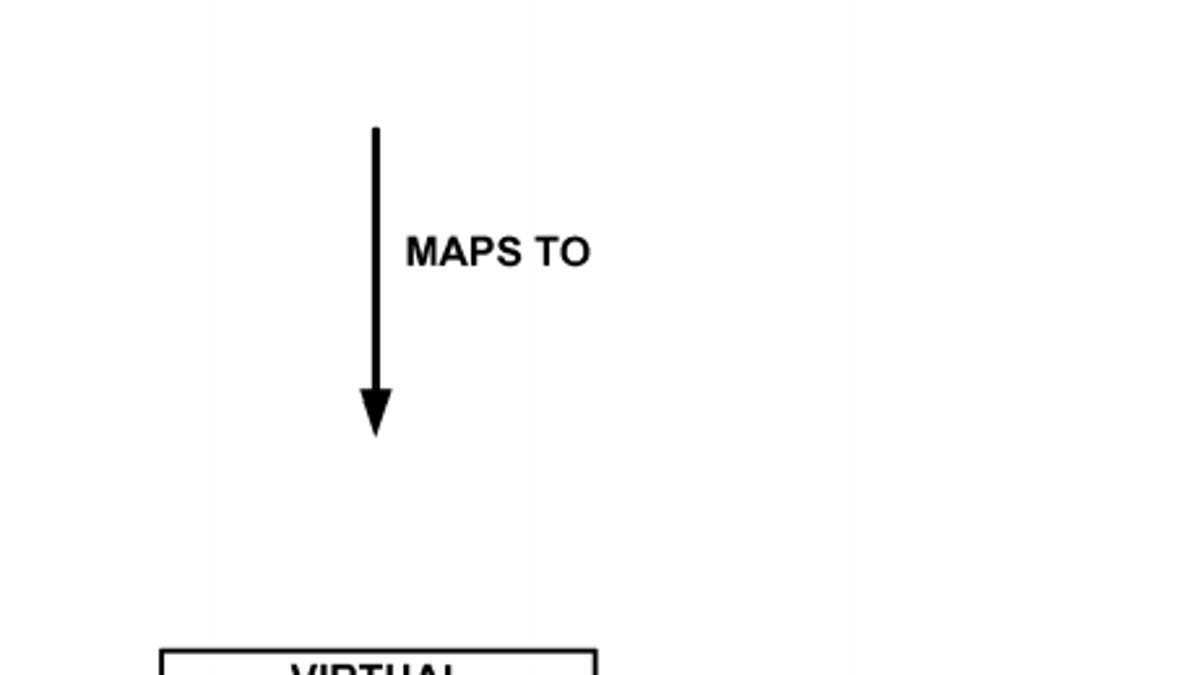Google patent idea hints at mobile, desktop convergence
Google's vision of the future involves touch-screen apps working on mobile devices and computers alike. Maybe.
In the future, your Google-powered computer could run the same apps you have on your Google-powered smartphone in a way that works with the hardware you have right now.
At least that's the vision laid out in a newly unearthed patent application picked up earlier today by Patently Apple.
The patent filing, titled "Mapping trackpad operations to touch-screen events," describes a system for turning something like a trackpad on a notebook computer into an analog for the touch screen used in conjunction with touch-based applications.
If you've ever seen a software-based mobile phone simulator on a computer (including the one Apple includes as part of its iPhone SDK) the idea here is basically the same.
"Touch-screen devices allow a user to provide direct interaction with a computing device, while trackpad devices typically provide indirect interaction that has been modeled from mouse-based interfaces," the patent application reads. "In general, this disclosure describes techniques for mapping trackpad interactions and operations to touch-screen events without the use of a touch-screen user interface."
The bigger picture, of course, is making Android--which has been a smartphone and tablet platform--more computer friendly.
Google's latest version of Android, version 4.0 (aka Ice Cream Sandwich) added native support for common computer peripherals including mice and pointing devices like a stylus (used extensively in Samsung's recently released
As usual, it's worth pointing out that this is a patent application, and not a granted patent. Companies also frequently apply for technology ideas that may never end up seeing the light of day in shipping products.


